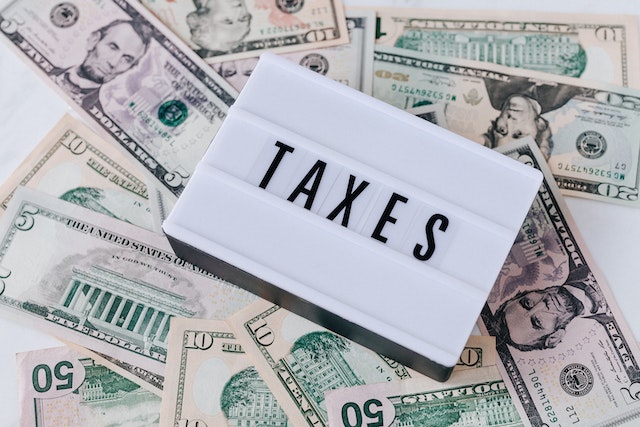Tax codes can be a confusing aspect of the UK tax system. If you are a UK taxpayer, it’s essential to understand your tax code to ensure that you’re paying the right amount of tax.
What is a Tax Code?
A tax code is a series of letters and numbers used by HM Revenue & Customs (HMRC) to determine how much tax you should be paying. Your tax code is based on your personal allowance and any deductions or adjustments that may apply.
List of Tax Codes
Here’s a list of some of the most common tax codes used in the UK:
1250L: This is the most common tax code used in the UK, and it means that you have a tax-free personal allowance of £12,500 for the tax year.
BR: This tax code is used when you have more than one job, and your allowances and deductions are applied to your other job.
D0: This tax code is used when you have more than one job, and all your income is taxed at a higher rate.
K: This tax code is used when you have income that isn’t being taxed another way, such as company benefits or state benefits.
L: This tax code is used when you are entitled to the standard tax-free personal allowance.
NT: This tax code is used when you don’t have to pay any tax.
T: This tax code is used when there are other calculations that need to be applied to your tax code, such as adjusting your personal allowance.
0T: This tax code is used when you have no tax-free personal allowance.
What Do Tax Codes Mean?
Your tax code indicates how much tax you should be paying. For example, if your tax code is 1250L, you have a tax-free personal allowance of £12,500, and you will pay tax on any income you earn over this amount. If your tax code is BR, you will pay tax at the basic rate of 20% on all your income, and your allowances and deductions are applied to your other job.
It’s important to note that if you have more than one job or income source, you may have a different tax code for each. Your tax code should be displayed on your payslip, P45, or P60. If you’re unsure about your tax code or have any questions about your tax, it’s recommended that you contact HMRC or a tax professional for assistance.
Conclusion
Understanding your tax code is essential to ensure that you’re paying the right amount of tax. In this blog post, we’ve provided a list of tax codes commonly used in the UK and what they mean. If you have any questions about your tax code or tax in general, seek professional advice to ensure that you’re complying with UK tax laws.










